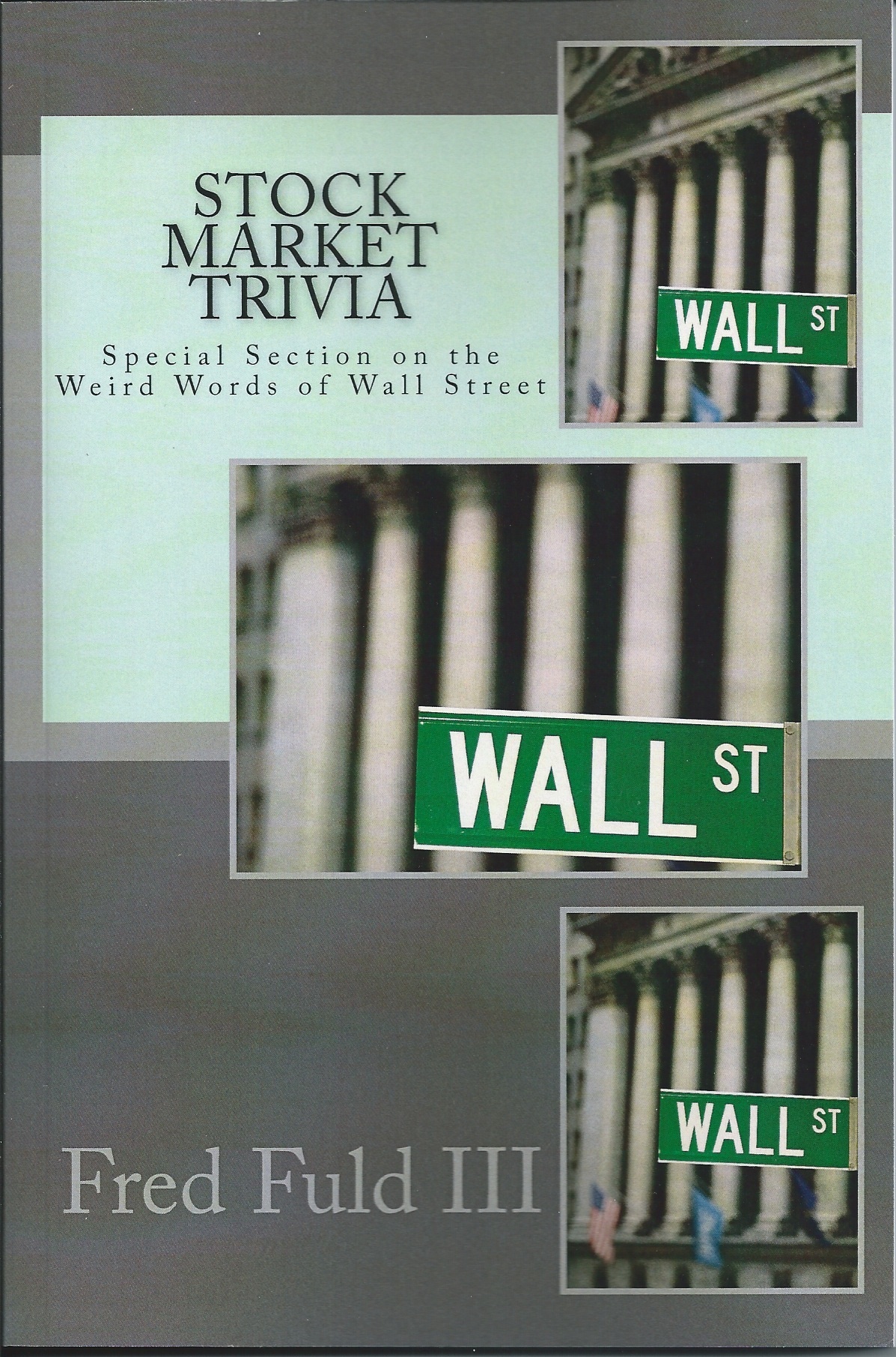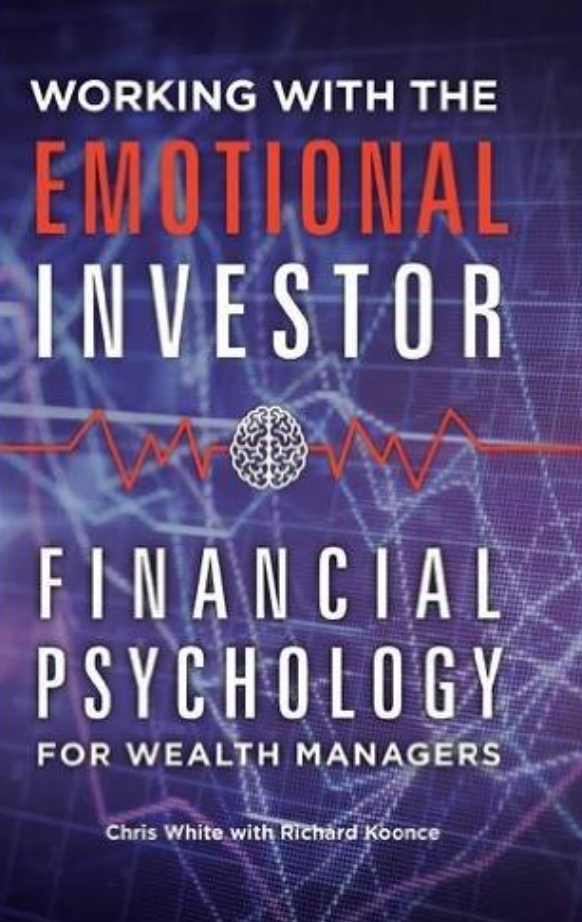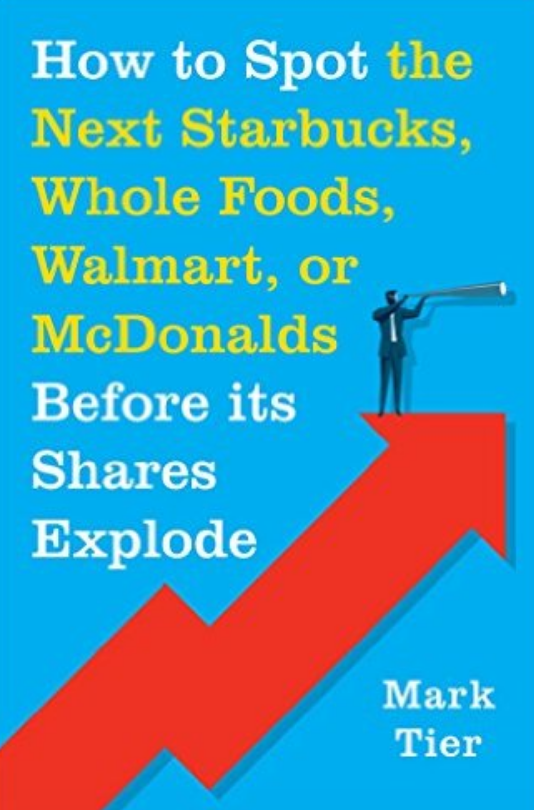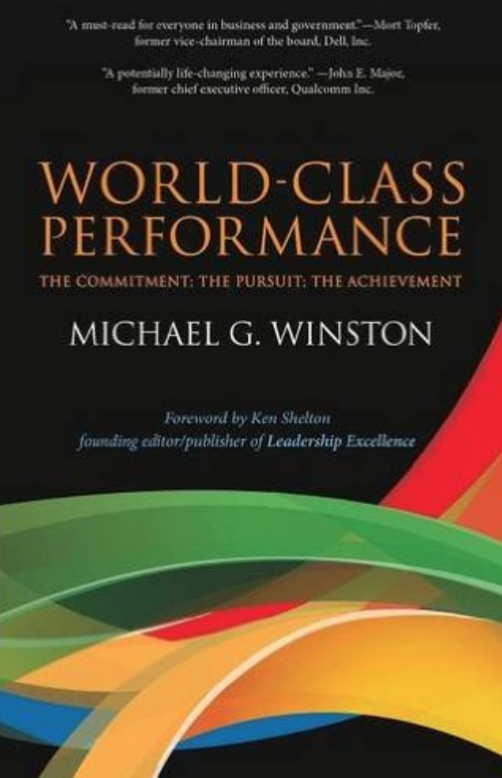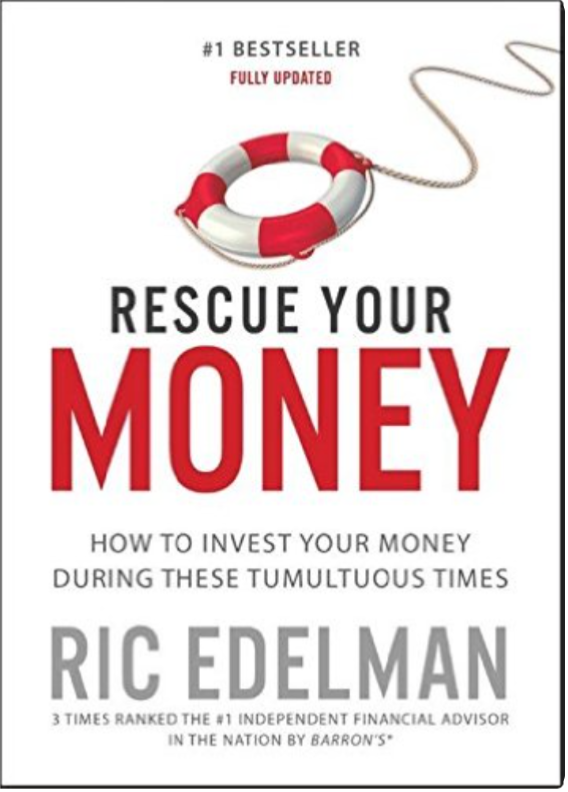Toolkit for Change
Guest Article By Michael G. Winston, Ph.D.
So many leaders have failed themselves, their families, their shareholders, and their neighbors on the most important of leadership behaviors…honesty, integrity and ethical decision-making. Let’s try to rid the world of companies that abuse shareholders, customers, employees and society. Are you in?
There are many factors internal to the financial services firms which give rise to such aberrant practices, yet attempts to stop or slow them failed miserably. However, what about the culture outside where laws were considered mere suggestions, rules were thought of as arbitrary, governance practices were shelved and society became Armageddon-like around the globe? President Obama’s promise of the most transparent administration in history was clearly not kept. The promise of holding parties responsible for the financial collapse accountable did not materialize. Our hallowed institutions became the fodder for late-night TV jokes. We were witnessing the unraveling of the fabric of society that held us together.
Like you, I am concerned that none of the C- Suite Chiefs who caused the 2008 global financial crisis have been held fully accountable. Trillions of dollars have been lost by investors while millions of borrowers have lost their homes and/or jobs. Yet none of the people who ran the institutions that contributed to the disaster have been found liable.
Punishment is not the only way to modify behavior, but it works. Instead, executives now realize that they face virtually no consequences for reckless lending, exotic investments and fraud. Thus, these actions continue.
One well-deserved “public hanging” will send a signal around the world that will dramatically reduce wrongdoing. The current settlement posture and practice is not and will not deter crime. Until their moral compass kicks in, there are things we can do:
- Break up the too-big-to-fail-or-jail banks. Then break them up again. They do not serve us. They rule us and those who govern us.
- Create such stringent and onerous rules and regulations that the big banks voluntarily disaggregate.
What can and should be done to reward good performance and punish bad performance? Here is my list:
- Elevate the platform of whistleblowers to expose fraud and corruption. Reward them for doing so. Ensure they are well-protected in reality not just rhetorically. Mete out immediate and harsh punishment for retaliation against whistleblowing.
- Require reimbursement of incentive compensation paid to executives whose fraud or intentional misconduct cause the company to restate its financial statements. This should be retroactive to the point of the misconduct. This has been promised, but not delivered over the past seven years. This policy should be irrevocable, no-excuse.
- Require that certain awards contain ‘claw back’ provisions which allow the Corporation to cancel all or a portion of the award under specified circumstances. Have zero tolerance on this.
- Each year, the Board, Audit and various Corporate Governance Committees should evaluate their own effectiveness. They should view self-evaluation as an ongoing process designed to achieve high levels of Board and committee performance. Shareholder input should be factored in. This entire process should be facilitated by a thoroughly objective outside party.
- Adopt a stronger approach to risk management. Each year, have the management team recommend, and the board of directors approve a total risk appetite for the company that management will then allocate across the lines of business. Share this with ALL stakeholders and regulatory bodies.
- Hold regulatory bodies accountable for compliance with the above. The responsible executive acting more in synch with clients than the public should be severely censured.
- Evaluate compensation practices to ensure direct linkage between executive pay and company performance. For good performance years, the total compensation awards for executives is at target levels. For poor performance years, compensation should be significantly below target levels. For years of questionable business practices, the Board should award no year-end cash or equity compensation awards to executives.
- Adapt the same practices down the line at all levels.
- Regardless of growth, profit, margins, ROI, etc., if performance does not meet expectations against a broader and higher standard of metrics, inclusive of ethical decision-making, absence of “whistle-blower complaints,” certification of clarity, transparency, accountability and long-term strength, the Board should award no year-end cash incentive, restricted stock or stock option awards.
- Make long-term stock ownership mandatory for executives, with no vesting on restricted stock and stock option awards until the third anniversary of the grant and an additional hold requirement on net proceeds from stock option exercises.
- Amidst fraud, corruption, malfeasance and the like, reinstitute the practice of insisting on personal accountability. For wide-spread institutionalized “white-collar” crime, jail time must replace settlements as the consequence.
- Detection of a loophole deliberately implanted in regulations to assist one’s colleagues in evading the law must lead to dismissal.
- The DOJ must be encouraged and rewarded for exacting criminal penalties when warranted.
- Make it policy that creditors, not taxpayers, should shoulder the losses of banks.
Do these things, and even the miscreants will behave themselves.
The U.S. and Europe thwarted white-collar investigations, let alone prosecutions. They continue to do so. On the other hand, Iceland prosecuted the fraudster banking CEO’s. As a result, their economy recovered quickly, due to the restoration of trust in the financial system.
We need real solutions – solutions we have not seen before. Albert Einstein said we cannot expect those in control of our world to solve the problems they have created, and continue to defend . . . by any means necessary. We continue to repeat the same measures destined to fail. This unfailingly yields lost jobs, lost income/wages, and loss of entire life support systems. We should abandon this failed paradigm.
Here’s another idea. Take the same amount of money that our government gave to the Banks, and instead next time spend it directly bailing out the homeowners, and mandate that the Banks pay a penalty for having sold out their own customers and contracts.
Result: the banks get their money (what money was not gotten by shorting the homeowners), but they have to get it from the homeowners themselves. The homeowners get to keep on living where they want. The Banks eventually recover, but on OUR terms, not theirs.
Should this happen? Yes. Will this happen? Of course not. The current Administration has protected and shielded Wall Street and the fraudsters from any wrongdoing. However, it is time for a change.
Michael Winston had a career of distinction in executive positions for over three decades in five Fortune 100 companies across three industries, including serving in executive positions for Motorola, Merrill Lynch, McDonnell Douglas, Lockheed and Countrywide. As global head of leadership and organization strategy, he worked closely with C-Suite Officers to develop business models, craft strategies and structure, create cultures and develop leaders.
His book, World-Class Performance, is available for purchase on Amazon and other fine booksellers.
. The book contains interesting, amusing, and fascinating trivia about Wall Street and the stock market. Did a stock really trade for over a million dollars a share? What stock had the symbol GRRR and why? Can the company’s stock symbol affect the stock’s price? What company paid $8.5 million for a domain name? What stock owned George Washington’s graffiti on a rock? Answers to these investment and stock market questions, and many, many others, are covered in this great resource for unusual facts about the Wall Street industry.
, Barnes & Noble, and various fine bookstores.

